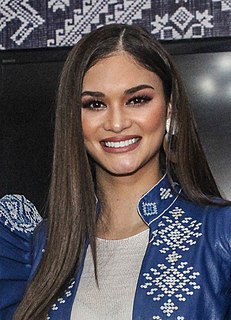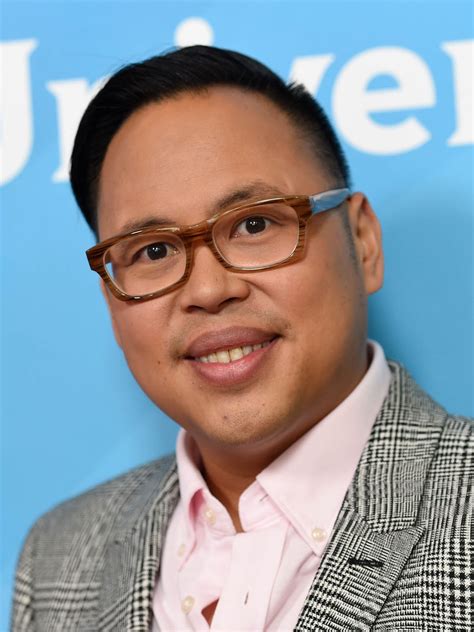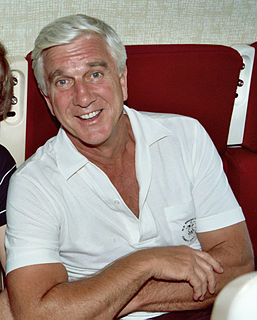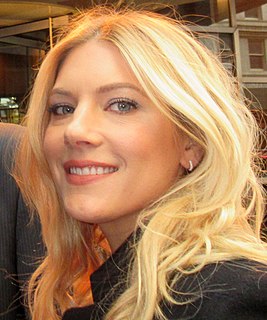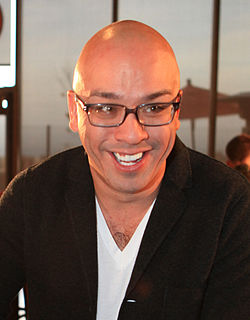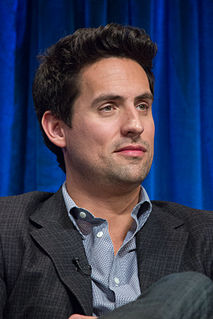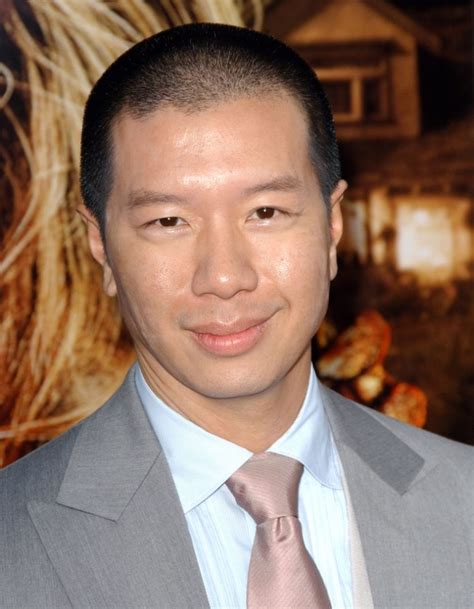A Quote by Pia Wurtzbach
Back in the States, they actually liked hearing my Filipino accent. People I meet there found it very endearing.
Related Quotes
Very few Black people ever embraced back to Africa movements, and very few actually, a tiny number actually went back to Africa. They said, "We are going to make America live up to the ideals of the Declaration of Independence and the Constitution of the United States." They produced one of the world's great cultures; they produced individuals who were just as brilliant and made contributions to the world civilization. In fact, they produced a world-class civilization, the African American civilization, in music, in dance, in oratory, in religion, in writing.
I always wanted to let people know I was Filipino, but I didn't want to go up on stage and make it so you wouldn't understand my jokes because you're white or black. I always wanted to let people know I was Filipino through my mom. That was always my goal. That way, everyone got it. You don't have to be Filipino to understand my mom.
